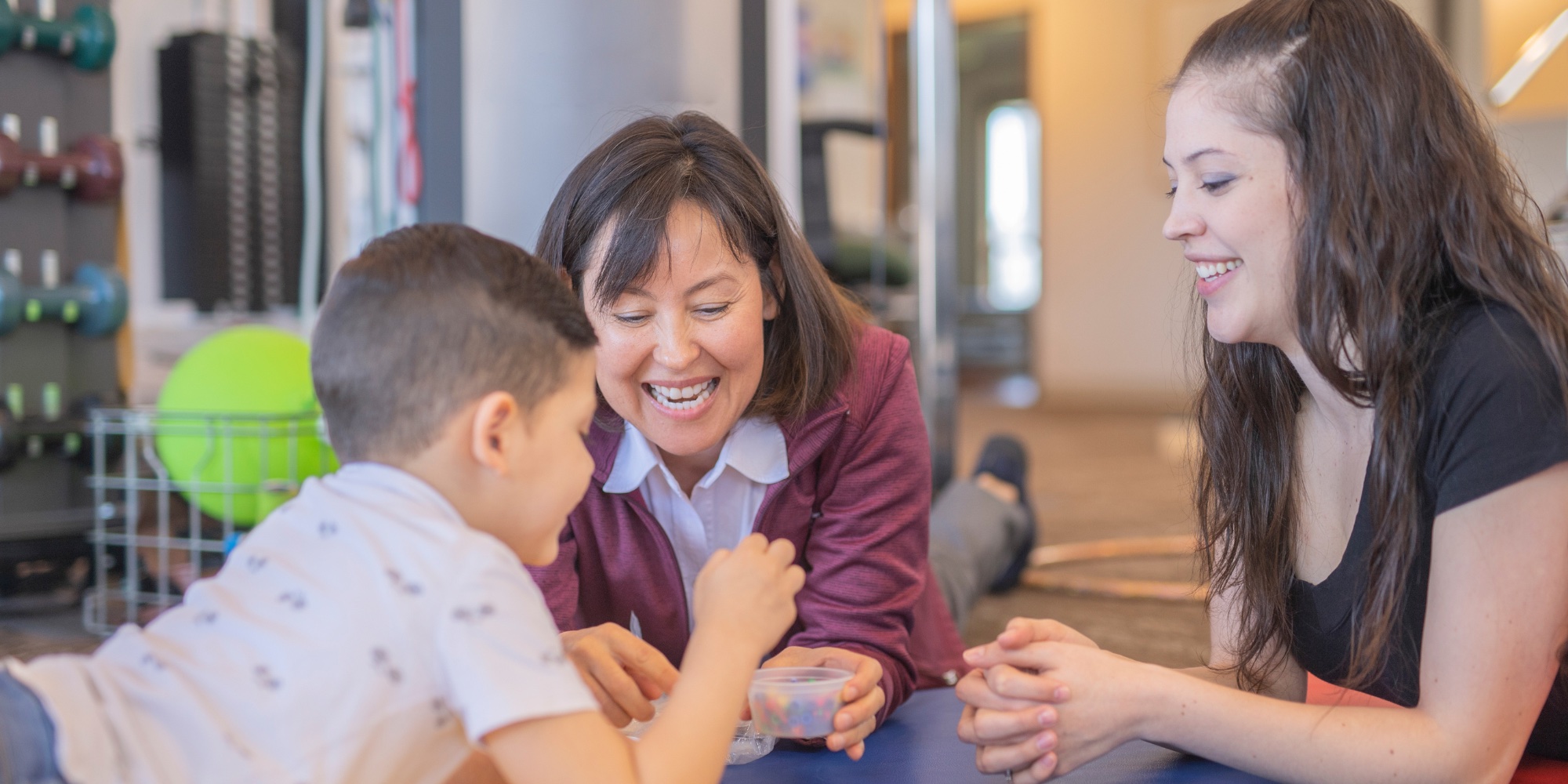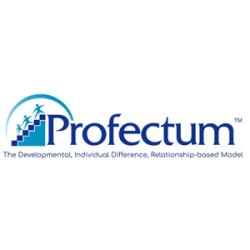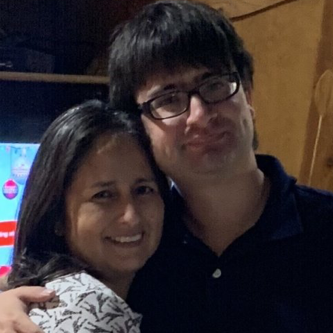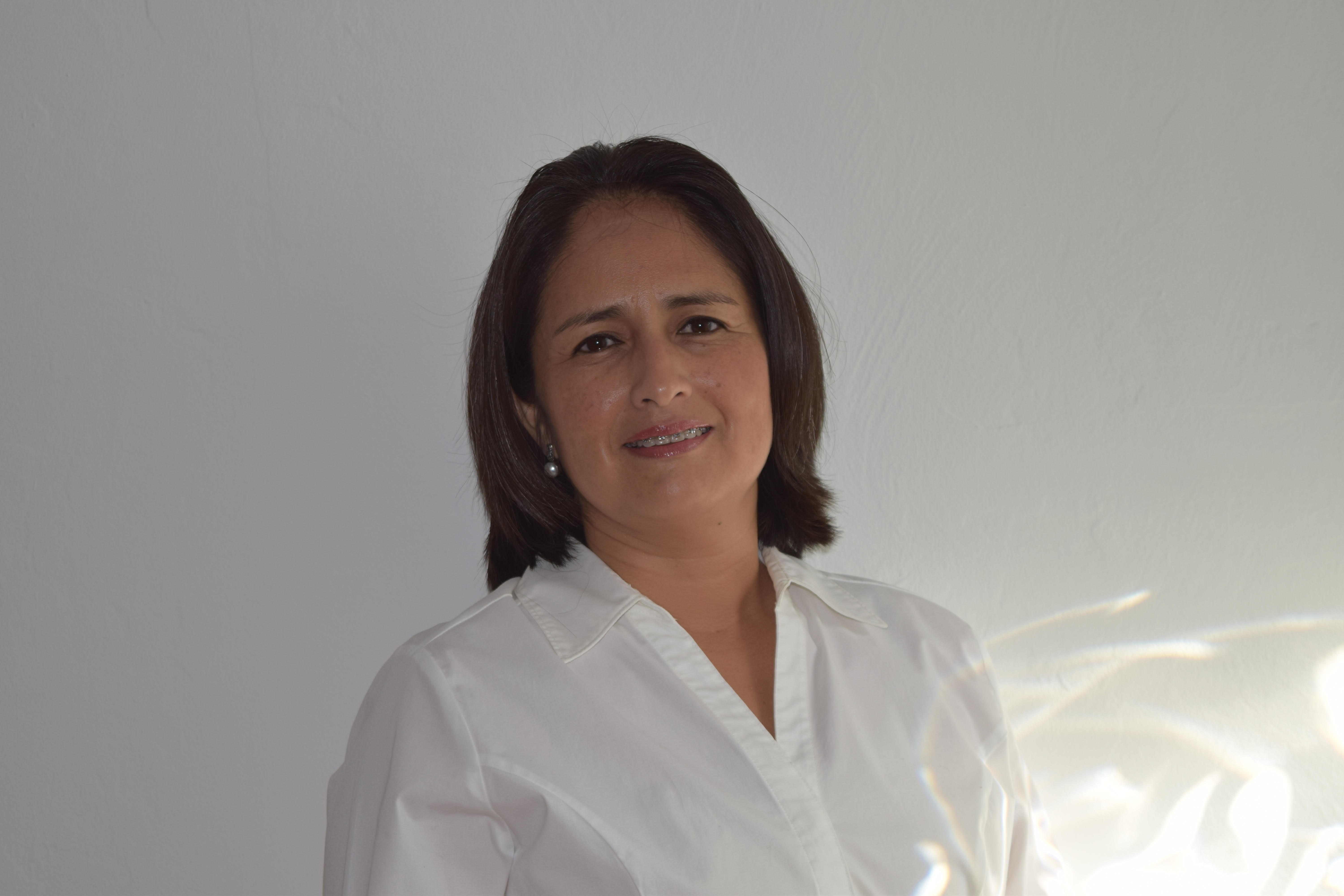
The Foundational Capacities for Development
The Foundational Capacities for Development (FCD) is Profectum’s approach to integration. Developmental problems need developmental solutions. Drs. Greenspan and Wieder developed an integrated bio-psycho-social framework to profile typical development, which became a guide for assessment and interventions for individuals with special needs. The Developmental, Individual Difference, Relationship-based model identifies the functional emotional developmental milestones that integrate emotional and intellectual development. Not only do interventions have to be tailored to the unique profile of the child but depend on relationships as the vehicle for learning and affect to engage and give meaning to experiences. This framework provides the anchor for a comprehensive intervention approach that changes as the child grows.

Profectum Foundation
- Jun 09
- Featured
- DIRFloortime
 (1)_1.png)
Developmental challenges need developmental solutions. Drs. Greenspan and Wieder developed an integrated bio-psycho-social framework to profile typical development, which became a guide for assessment and interventions for individuals with special needs. The Developmental, Individual Difference, Relationship-based (DIR®) model identifies the functional emotional developmental milestones that integrate emotional and intellectual development. Not only do interventions have to be tailored to the unique profile of the child but they depend on relationships as the vehicle for learning and on affect to engage and give meaning to experiences. This framework provides the anchor for a comprehensive intervention approach that changes as the child grows.
- despite all intensive efforts, development does not progress at a steady rate?
- the child and caregiver learn how to co-regulate and engage, but have trouble progressing for there?
- the child’s sensory system results in the child experiencing the world as an unpredictable and scary place?
- the child’s motor system is so disorganized that he or she cannot express their ideas and intentions, even when they know what they want to do.
- the intervention program and daily interactions fall into a rut that don’t promote development at the child’s specific developmental level?
Because every child, family system and environment is unique, modifications and adaptations to intervention goals and programs must be flexible to recognize and support the needs of each individual at various stages of development.
Over the last two decades we have learned, and research supports, that the complex sensory and motor systems of people with autism and other challenges in relating and communicating require a dynamic, not static, approach to intervention. The DIR® model provides a clear guide for development based on the Functional Emotional Developmental Levels (FEDL). We know that relationships are our strongest mechanism for promoting developmental progress. We also respect that other factors play a role in the child and caregiver’s ability to deepen the quality of their relationship to support development. These factors can include:
- Culture
- Socio-economic environment
- Safe and stable home and community
- Relationship patterns with caregivers, siblings and peers
- Individual Sensory and Motor profiles
Our model has always recognized the need to tailor intervention strategies to each child’s individual sensory and motor profile. This component of the model is the least obvious to assess and often, the severity of how the individual profile impacts a person’s ability to act on, and communicate his or her intentions is underestimated. We understand how individual differences in the sensory and motor systems interfere with a person’s availability to successfully engage in meaningful interactions and experiences needed to attain developmental progress
The Foundational Capacities for Development (FCD) provides guidance for adapting the child’s experience to provide the emotional foundations needed to maximize progress through the FEDLs at different stages throughout the lifespan. This may include integrating principles and strategies from a range of intervention approaches in order to tailor intervention programs to support each individual’s unique sensory and motor systems, ability to connect, communicate, learn and be independent. The FCD complements the DIR® model framework by defining critical elements and experiences, which further enable an individual to progress through the developmental levels. These capacities are dynamic and change as the individual grows, and develops and as their experiences build memories, comprehension and contribute to one’s sense of self.
The Foundational Capacities for Development (FCD) provide the construct for adapting experiences, strategies and intervention programs to allow each individual to realize his or her developmental potential. Semi-structured and structured activities designed to foster feelings of COMFORT, COMPETENCE, CONFIDENCE, CONTROL AND COMMUNICATION = The reduction of stress and abilities realized. Setting up successful interactions = CONFIDENCE.
At Profectum, we believe development advances when experience captures the child’s affects and interests and activates new learning, gets organized through interactions, and gets integrated into the child’s repertoire of thinking, feeling and functioning. These experiences build the foundational capacities for development that carry through one’s lifespan. They are integrative capacities that go beyond specific sensory motor processing and environmental challenges, as they are more fundamental, dynamic, interactive and underlie how, and to what degree they effectively integrate experience to advance development.
Thanks to our beautiful relationships with thousands of families, insights shared with us from the children and adults we work with, and ongoing, cutting-edge research, we have a much more accurate understanding of how all individuals can develop the Foundational Capacities for Development (FCD) that are needed to allow each person to maximize developmental progress.

More on Featured



